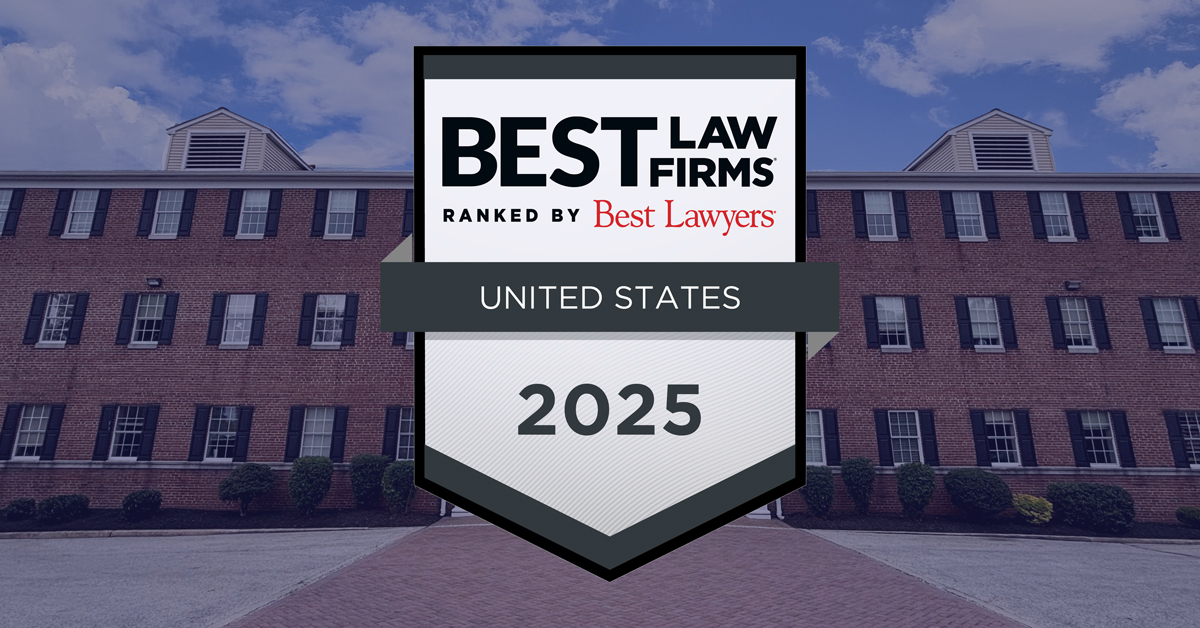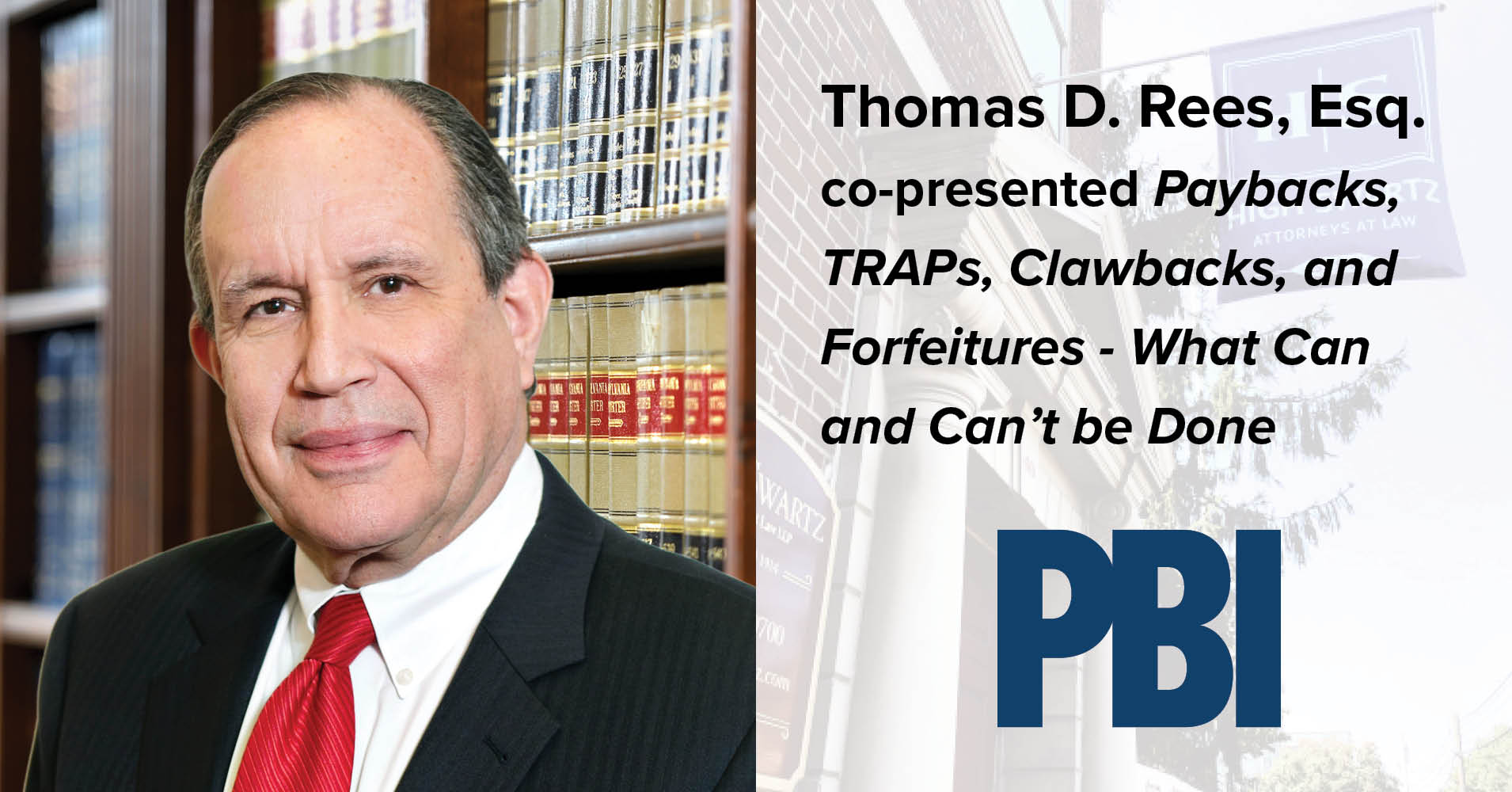Terminating an employee is one of the most challenging aspects of being a business owner.
However, you must also consider potential legal implications, as they can be significant. Above all else, you must comply with federal and state employment laws.
If you are unsure about terminating an employee, consult an employment lawyer.
Grounds for Immediate Dismissal
Specific actions by an employee can justify immediate dismissal because of their serious nature. These grounds typically include:
- Gross misconduct or behavior that significantly violates company policies or norms. Examples include theft, fraud, violence, harassment, and being under the influence of drugs or alcohol at work.
- Breach of confidentiality or misuse of sensitive company information.
- Willful destruction of company property.
- Falsifying company records.
Although these terminations may be more black and white, you must follow some guidelines. Any grounds specifically enumerated in your employment manual can be added to this list. Employers should still follow due process and document the reasons for termination to defend against potential wrongful termination claims.
Protections for Employees in Pennsylvania
Pennsylvania is an "at-will" employment state, meaning employers can terminate an employee at any time.
However, this doesn't mean employers have carte blanche for firing staff. Several laws at the federal and state level protect employees from unjust termination.
Key protections include:
Discrimination
Federal laws, such as the Civil Rights Act and Americans with Disabilities Act (ADA), protect employees from discrimination. The Pennsylvania Human Relations Act (PHRA), which offers similar protections to federal laws but also extends to employers with four or more employees, covers additional protected classes such as use of a guide or support animal due to a disability. Consequently, you can't terminate someone based on race, color, religion, sex, national origin, age, disability, or genetic information.
Retaliation
Employers cannot fire employees for participating in protected activities. For example, you can't fire someone for filing a complaint with a regulatory agency such as OSHA against the employer or whistleblowing. Another example is that under the FMLA law, you can't fire an employee for taking time off for family or medical reasons. the PHRA also prohibits retaliation against employees who engage in protected activities.
Contractual Obligations
If an employment contract exists, employers must adhere to its terms, which may stipulate conditions for termination. The terms outlined in the contract will apply. As a result, you could face wrongful termination charges based on any breach of the contract.
For instance, if you hire an employee for a specific period, you are obligated to uphold the agreement as laid out with the terms of the agreement. Per the contract, this may mean keeping an employee for a particular period. You can still fire the employee if the contract includes other terms, such as poor performance.
Pennsylvania does not recognize oral or implied contracts.
Public Policy
You can't fire an employee for serving on jury duty or taking an approved medical leave.
For example, you can't terminate an employee for refusing to serve alcohol to a drunken customer. Having them do so violates the law.
Best Practices for Terminating an Employee
We live in a litigious world where lawsuits happen every day. There's never a guarantee that you won't face legal action for terminating an employee. Keeping your employee handbook regularly updated is a must. Employees should sign off on these updates to acknowledge receipt and understanding.
You should also seek out guidance from a human resources specialist. If your business does not have one in-house, you can seek support from external services.
Below are steps to reduce the risk if you address it yourself.
Document Performance Issues
While not a legal requirement in Pennsylvania, consistently document performance issues and disciplinary actions. You can also document any performance reviews and improvement initiatives.
This documentation can provide a basis for termination decisions and defend against wrongful claims.
Refer to Your Employee Handbook
When you start your business, you should commit to creating an employee handbook. It should outline clear policies on performance expectations, disciplinary procedures, and termination processes. Adherence to these policies can protect you from claims of unfair treatment. Employee Handbooks help to set expectations for everyone. It is also good practice to have employees sign off that they have read their employee handbook, and this signature should be obtained again any time there is an update.
Conduct a Termination Meeting
When the decision is final, arrange a face-to-face meeting to inform the employee. Include a witness, either a team member or an HR representative.
Draft an Employee Termination Letter
Give the employee a written termination letter during the meeting. It should include the termination date, outline the reasons for termination, and include any severance package, if applicable. Be careful outlining the reasons for termination. Keep the language short and to the point. You do not want to provide any language that could open you to liability in a lawsuit. If you are unsure how to draft such a document, it is best to consult your HR professional or attorney.
A severance package is not required in Pennsylvania but may be a good idea in certain circumstances. A severance package is often provided in the following circumstances:
- Layoffs: When employees lose their jobs due to company actions such as downsizing, mergers, or restructuring
- Termination: When an employee is fired, they may be offered severance pay to avoid potential lawsuits.
- Contractual Obligations: When an employment contract includes severance as part of their terms
Outside of a contractual obligation, a severance package usually requires 2-4 weeks of pay for every year of employment. At the business owner's discretion, it may also include other entitlements.
Reclaim Company Property
Arrange for the return of company property, including badges, laptops, or keys, and have a checklist signed by the employee confirming the return of all items.
Address Unemployment Claims
Terminated employees in Pennsylvania may be eligible for unemployment compensation unless terminated for "willful misconduct," such as theft or violation of company policies. Employers can contest unemployment claims if they believe the termination was justified.
Employers must provide a UC-1609 form (Employee Notice of Separation) whenever terminating an employee.
Ensure Final Payments
Under Pennsylvania law, employers must pay a terminated employee's final wages by the next regular payday. Although not required, if company policy dictates payout for unused vacation or paid time off, follow this policy to avoid potential claims.
Discuss Health Insurance Continuation
Federal COBRA law applies to Pennsylvania companies with 20 or more employees. COBRA benefits generally extend health coverage under the business's insurance plan for 18 months.
Pennsylvania also has a mini-COBRA law for employers with two to 19 employees. Mini-COBRA benefits extend health coverage under the small business's insurance plan for up to nine months.
Frequently Asked Questions About Terminating an Employee
Here are some commonly asked questions about terminating an employee.
Can I fire an employee in Pennsylvania for no reason?
Yes, Pennsylvania is an at-will employment state. If the reason for firing staff meets legal requirements, it can be for any reason.
What should I do before terminating an employee to reduce legal risks?
Here are some commonly asked questions about terminating an employee.
Can I fire an employee in Pennsylvania for no reason?
Yes, Pennsylvania is an at-will employment state. If the reason for firing staff meets legal requirements, it can be with or without cause.
How should I conduct a termination meeting?
It should be straightforward and brief, explaining the reasons for termination clearly. You should consider having a witness in the meeting and provide a termination notice.
What are the risks of wrongful termination claims?
Wrongful termination claims can arise from allegations of discrimination, retaliation, violation of employment contracts, or not following your termination procedures. It takes about six months for the EEOC to investigate the claim.
Wrongful termination settlements may require employers who wrongfully terminate an employee to compensate that employee through:
- Lost wages
- Emotional distress damages
- Employment reinstatement
- Pain and suffering damages
- Injunctive relief
- Punitive damages
Can you fire an employee for actions outside the workplace?
As an employer, you can fire someone for breaking your company's rules, even outside work. You expect your employees to operate in the company’s best interests. So, any illegal actions outside work can cause termination. It is best to lay this out clearly in the Employee Handbook so your employees understand what is expected of them.
Can I terminate an employee for social media posts?
Employers in at-will states like PA can discipline or terminate employees for any legal reason. In Pennsylvania, monitoring Internet use in the workplace, including social media activity, is legal.
Sometimes, you can fire employees for posts made outside work hours. This is especially true if the posts are offensive, harm public trust, or negatively impact the employer. It is best practice to create a social media policy and include it within your Employee Handbook.
How do I handle the employee's final paycheck?
An employer must give a final paycheck to a fired worker on or before the next scheduled payday.
Will firing staff impact my unemployment insurance rates?
If a former employee files for and receives unemployment benefits, it could affect your unemployment insurance rates. Rates can increase with the number of claims filed against your business. So, it's essential to have proper documentation and follow lawful termination practices.
Can I terminate an employee in PA without a written warning?
Yes, however, you should follow best practices to avoid legal issues. That includes documenting issues and presenting a legitimate reason for dismissal.
How many verbal warnings are required before terminating an employee?
Pennsylvania has no legally defined number of verbal warnings required before dismissal for at-will employees. The number of warnings, if any, typically depends on the employer's policies and the severity of the situation.
Many employers adopt a progressive discipline policy. The process starts with verbal and written warnings, suspension, and termination.
Employment Lawyers for Bucks, Delaware, and Montgomery County Businesses
Terminating an employee is never easy. The last thing you want, though, is a wrongful termination lawsuit. Even if you don't wind up in court, you'll waste valuable time negotiating a settlement.
Our employment lawyers work with clients of all sizes and can help address numerous employment concerns. Call our law offices to get answers to your questions before you take the wrong path.
We have law offices in Doylestown, Norristown, and Wayne, PA.








